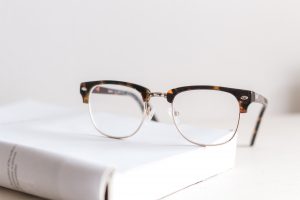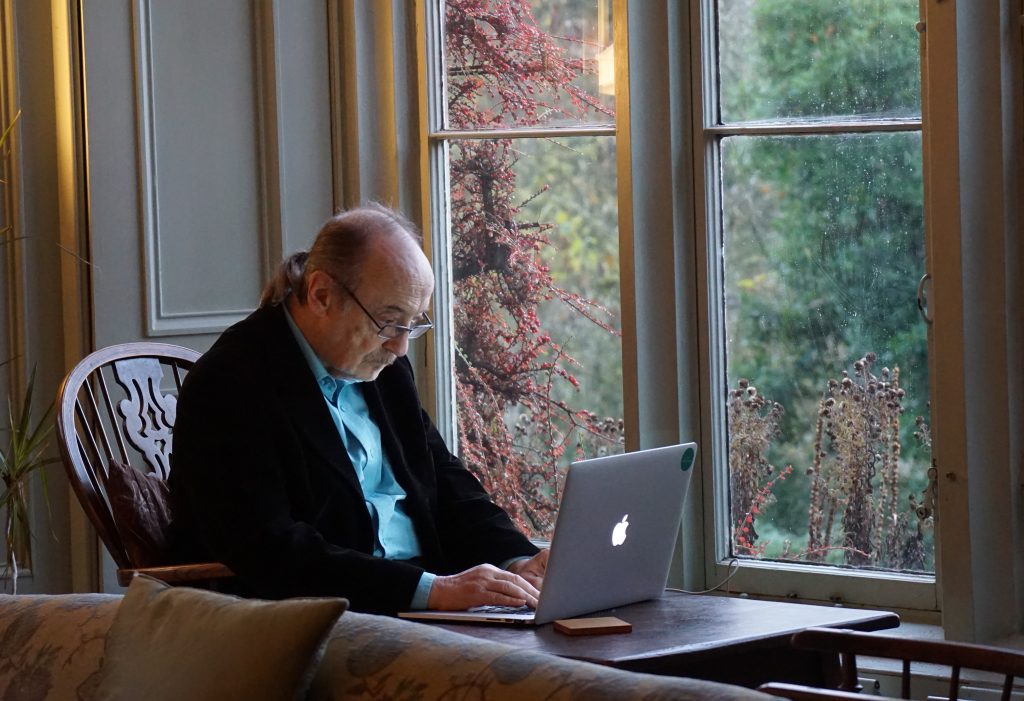When you hit your 50s, things start to slowly go wrong. You wake up with new aches and pains that weren’t there yesterday, and your eyesight is no longer sharp, and it lets you down now too. You battle to read and to work at the computer as everything is just a frustrating blur. You get something known as presbyopia, where the lens inside the eyes becomes less flexible. You shouldn’t just accept this state of affairs, though, as there are things you can do to maintain your eyesight after 50.

Have quick access to prescription glasses
Who knows, even long before 50, you may have been wearing prescription glasses, and now after 50, you feel the need to switch to bifocals. You may need prescription glasses fast delivery because you’ve got a huge task ahead of you, and you need clarity of sight to get it done professionally. The great thing is that there are places online that get to work on the spot. They are known for their speed at delivering prescription glasses to customers the very next day.
You can choose from a huge selection of frames and lenses to choose from, too, whether you’re looking for men’s, women’s, or children’s styles. Kids and young people will be particularly thrilled to choose from a wide range of designer frames from different brands that can be used for eyeglasses or sunglasses. For budget spenders, you can find a good selection of non-prescription glasses and economy-priced frames.
What is noticeable is that the online options offer the best price guarantee on their eyewear, and you can choose different lens coatings. This is important for any age group but more so for those beyond 50 years of age. A typical example is blue-light-blocking lenses for working on your computer.
Eat right
After 50, it’s natural for your eyes to change for the worse, but there are a number of steps you can take to protect them. Eating well won’t only benefit your eyes but your general health. The most immediate benefit of adopting a healthy diet is that it can lower blood pressure.
Hypertensive retinopathy is a disorder with the eyes that can occur because of high blood pressure. A well-balanced diet assists in maintaining healthy vision. A primary cause of vision loss can be reduced by eating a nutritious diet. Do the research and find out exactly what is meant by a nutritious diet. Eating a healthy diet can diminish the risk of failing eyesight as it’s a diet for all diseases.
Stay fit
It seems unthinkable that something as simple as staying fit can reverse some of the effects of aging. Eye experts tell us that everybody can benefit from exercise. Even a brisk half-hour walk three times a week can do the body tremendous good. The tiny blood vessels in the eyes can only benefit from the increased blood circulation that comes with exercise.
This is because it removes dangerous particles that have accumulated. Studies have been done, and it has been found that there are connections between exercise and reducing risks for eye ailments such as macular degeneration and cataracts.
Protect your eyes by resting them

There are a whole lot of things you can do to protect your eyes from deterioration. Number one is protecting them from UV light. This can be done by wearing eye- and sunglasses that have built-in sunlight protection. A good idea is to also wear a hat if you’re going to be out in the sun for a long time.
Some people spend a lot of time watching TV or working on their computers. What happens is that people don’t blink as frequently as they need to, and this results in dry eye symptoms. The 20-20-20 rule should be remembered at times like this as it encourages one to look at something else for 20 seconds at 20 feet away and after 20 minutes. Of course, you can do it sooner, but you shouldn’t wait longer than 20 minutes.
Have eye exams
If you suspect that your eyes are deteriorating, don’t wait. A full eye exam is important because it picks up eye ailments that you don’t even suspect you have. This timeous detection can prevent irreversible vision loss and perhaps even blindness. So the idea is to visit your eye doctor as soon as you detect something irregular with your eyes.
Take along your current glasses or your contact lenses if you wear them so that your doctor can look at them and their strength. You’ll tell the optometrist about any medications you’re currently on and answer medical-related questions. All this will help your optometrist to know how to proceed. You and your optometrist will work together to find out what the problem is and make sure you have the right prescription glasses and any kind of medication you might require for your eyes.


